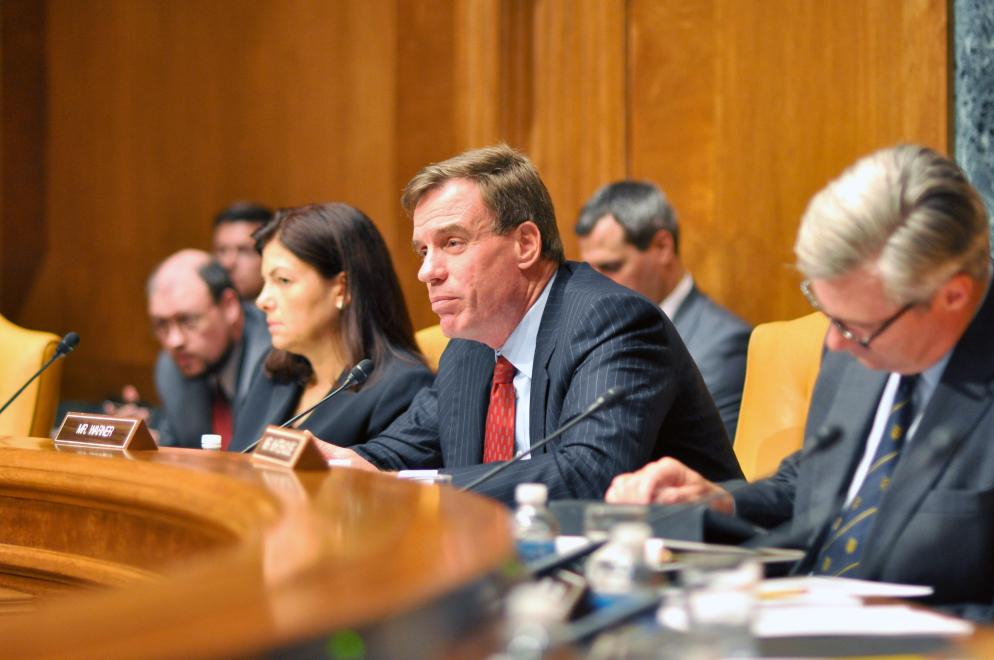
- Details
- By Brian Edwards
- Finance
Sen. Mark R. Warner (D-Va.) warned Tuesday that the Trump administration’s decision to fire all employees at the Treasury Department’s Community Development Financial Institutions Fund could undermine decades of bipartisan investment in underserved communities — including Native nations that rely on the agency’s Native American CDFI Assistance Program.
Speaking during a press call, Warner said the order appeared to originate from the White House Office of Management and Budget and “goes completely against the law and the purpose of the law.” He called the mass terminations “chaotic” and said the CDFI Fund cannot legally or practically operate without staff.
The CDFI Fund, established by Congress in 1994, supports roughly 1,400 community lenders nationwide, including 65 federally certified Native CDFIs that provide affordable capital in areas where traditional banks are scarce. Native CDFIs use NACA program grants to support homeownership, small-business lending and financial education in tribal communities.
“You can’t fire all the people and then continue the program,” Warner said. “They couldn’t kill the program through the front door, through a legal process. Now they’re trying to do it by excluding Congress.”
Warner said he and Sen. Mike Crapo (R-Idaho), co-chairs of the Senate CDFI Caucus, are working together to rebuild bipartisan support and push back against the layoffs. He noted that earlier this year, two dozen senators from both parties urged the administration to release $324 million in appropriated CDFI Fund awards, including $28 million for Native lenders.
Warner also linked the terminations to a broader pattern of disruption across Treasury programs that support rural and tribal economies. He said the layoffs threaten other initiatives administered by CDFI Fund staff, including the $5 billion-a-year New Markets Tax Credit program, which Congress recently made permanent, and a bipartisan amendment added to the National Defense Authorization Act that would create a secondary market for CDFI debt. Both measures, he said, depend on the CDFI Fund’s continued operation.
Warner said the layoffs defy basic economic sense, noting that Treasury has long reported that each federal dollar invested through the CDFI Fund attracts roughly eight dollars in private-sector capital.
“It’s baffling and damaging,” Warner said. “This goes against an eight-to-one return on federal investment and against the spirit of the law.”
Jim King, CEO of Fahe, a CDFI network serving Appalachia, said during the call that the layoffs could make it harder for local lenders to attract private investment. “Our bank partners need it to meet their CRA obligations,” King said. “Communities have to have it to attract private capital, and CDFIs like mine use it to create strong partners that are on the ground.”
Warner said he has reached out to Treasury Secretary Scott Bessent for clarification and expects a response soon. “It appears this didn’t come from Treasury,” he said. “It came from OMB.”
Tribal Business News reached out to the OMB for comment, but had not heard back when this story went live.
